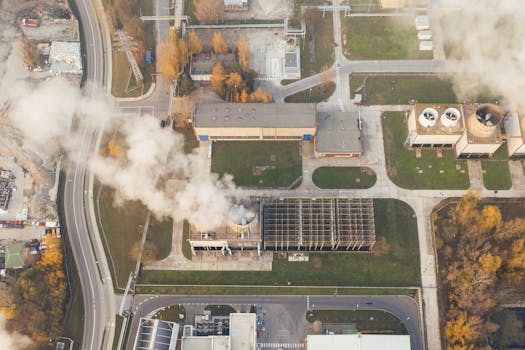
Introduction to Climate Change Impacts
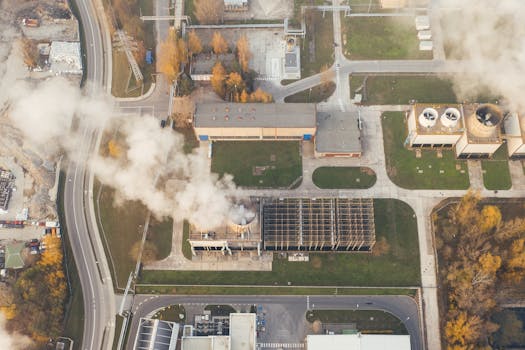
Climate change is one of the most pressing issues of our time, affecting ecosystems, weather patterns, and human health. The impacts of climate change are pervasive and far-reaching, leading to increased natural disasters, rising sea levels, and loss of biodiversity.
Understanding the Science of Climate Change

At its core, climate change refers to long-term alterations in temperature, precipitation, wind patterns, and other elements of the Earth’s climate system. The primary driver of recent climate change is the increase in greenhouse gases in the atmosphere, primarily due to human activities such as burning fossil fuels and deforestation.
Environmental News Coverage: The Role of Media

Environmental news coverage plays a crucial role in raising awareness about climate change and its impacts. Media outlets help disseminate vital information to the public, policymakers, and businesses, influencing opinions and encouraging action.
Impacts of Climate Change on Ecosystems
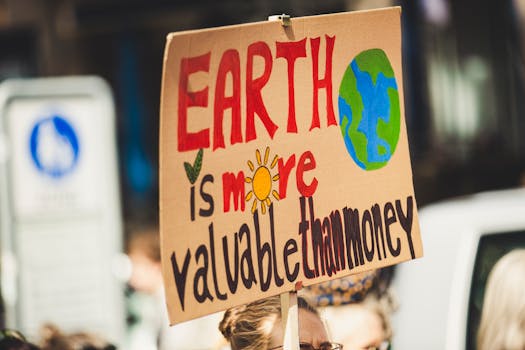
Climate change significantly affects ecosystems, leading to habitat destruction, species extinction, and altered food webs. Coral reefs are particularly vulnerable, suffering from coral bleaching due to rising ocean temperatures.
Human Health and Climate Change
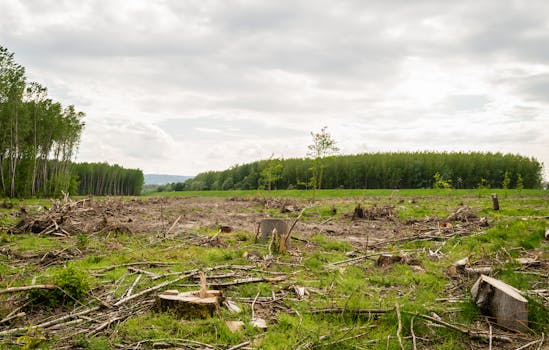
The health impacts of climate change are profound. Increased heatwaves, poor air quality, and the spread of vector-borne diseases, such as malaria and dengue fever, pose serious risks to global health.
Importance of Sustainable Practices
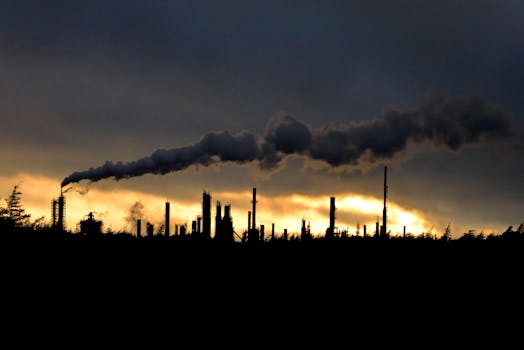
To mitigate the effects of climate change, sustainable practices must be adopted. This includes transitioning to renewable energy sources, improving energy efficiency, and promoting sustainable agriculture.
Conclusion: The Need for Action
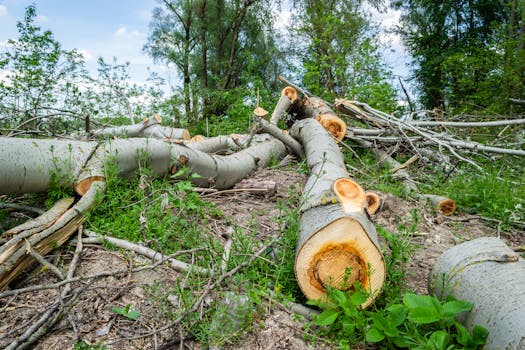
Addressing climate change requires collective action from individuals, communities, and governments. By staying informed through environmental news coverage, we can understand the urgency of the situation and the steps necessary to combat climate change.



